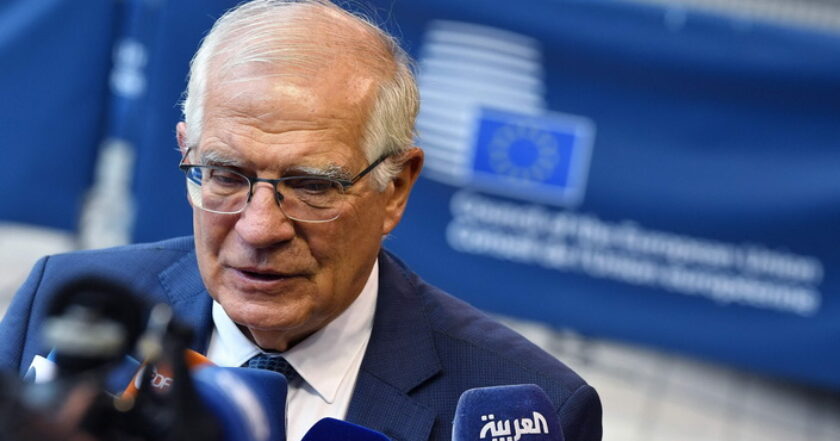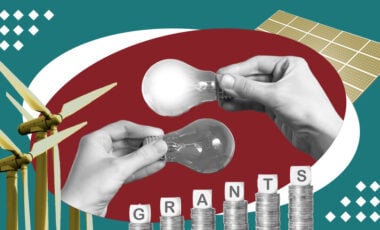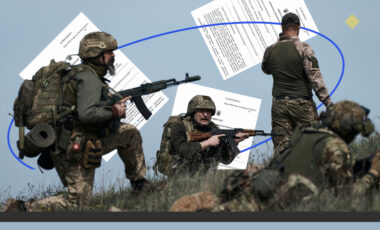European Union struggles to meet year-end deadline for one million shells to Ukraine

Photo by AFP/EAST NEWS
As of today, Ukraine has already received hundreds of thousands of artillery shells from European Union countries, and there are concerns that the earlier planned commitment to supply one million munitions by the end of 2023 may not be met.
This was stated by the head of European Union diplomacy, Josep Borrell, at a press conference following the EU Council meeting on November 13, 2023, in Brussels.
According to the chief diplomat, the European Union has completed the first part of the supply plan. During this stage, EU member states provided Ukraine with munitions that were already in their arsenal. In total, around 300,000 artillery shells were delivered.
Borrell mentioned that the plan was to transfer the munitions produced in EU countries.
"We continue to aim for it (the transfer of one million munitions). Perhaps we won't achieve it by the end of the year, but it depends on how quickly contracts are fulfilled… Europe also exports a certain amount of its production: from what we produce, we export to third countries. One of the solutions is to redirect this export to Ukraine," said Borrell.
In turn, Ukrainian Minister of Foreign Affairs Dmytro Kuleba also stated that the European Union would not be able to fulfill its plan to supply one million artillery shells to Ukraine by March 2024 due to the state of defense production and bureaucratic obstacles.
During a television broadcast, Ukraine's top diplomat was asked to comment on the Bloomberg publication about the EU's commitment to provide Ukraine with one million artillery munitions by March 2024, which "is unlikely to be fulfilled."
"Unfortunately, Bloomberg is telling the truth. There are issues, and we, let's say, are making a lot of noise about it," Kuleba responded.
The diplomat added that the problem lay not in the lack of political will in the EU but in the following:
- The deplorable state of the defense industry,
- Numerous unsynchronized factors,
- A significant amount of bureaucracy.
"The European Union is working to address these issues, and that's why, being in Berlin, I called on the European Union to develop a comprehensive policy in the defense industry," said the foreign minister.
He added that the EU had already taken steps to rectify the situation.
"But we need to do it faster, we need more. And we highly value the EU's support, but we will be pushing them. Because, again, there is a Ukrainian infantryman in front of us, and he needs munitions," Kuleba concluded.
Providing ammunition to Ukraine becomes increasingly urgent due to Russia's ability to increase its own production and receive relevant supplies from North Korea.
Supply of ammunition to Ukraine
On May 3, the Council of the EU approved a decision to provide €1 billion euros worth of assistance to Ukraine for joint purchases of ammunition and missiles.
At that time, Ukrainian Prime Minister Denys Shmyhal noted that EU countries would start sending ammunition to Ukraine right away.
Before that, EU countries several times failed to agree on joint ammunition purchases for Ukraine.
As reported, in September, the European Defence Agency signed eight contracts with industry for joint procurement of 155mm ammunition for Ukraine.
The United States is also trying to increase the volumes of critical 155mm ammunition supplies to Ukraine. They reached an agreement on the supply of 155mm ammunition to Ukraine with Bulgaria and South Korea.





















































